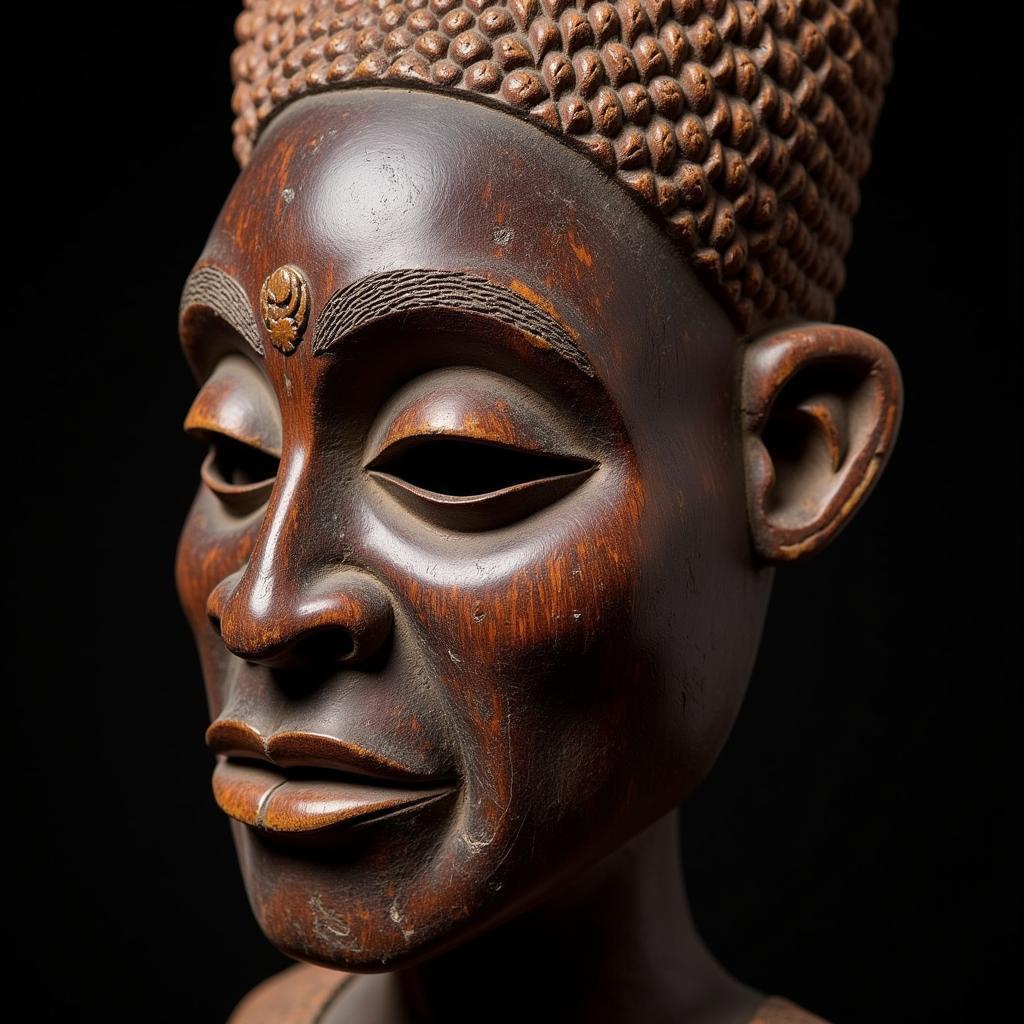African American Cholesterol: Understanding the Disparities and Taking Control
Cholesterol levels among African Americans present a stark reality that demands attention and action. This article delves into the multifaceted issue of African American Cholesterol, exploring the unique factors contributing to this health disparity and outlining practical steps towards better heart health within the community.
Unpacking the Statistics: A Closer Look at the Numbers
While high cholesterol is a widespread health concern, studies reveal that African Americans face a disproportionate burden. According to the American Heart Association, african american blood pressure and high cholesterol are significant risk factors for heart disease, a leading cause of death in the African American community.
Beyond Genetics: Unveiling the Multifactorial Nature of the Issue
While genetics plays a role in cholesterol levels, attributing the disparity solely to heredity is an oversimplification. Socioeconomic factors, access to healthcare, and cultural influences interact in complex ways, creating a perfect storm for elevated cholesterol levels among African Americans.
- Socioeconomic Disparities: Limited access to quality healthcare, healthy food options, and safe environments for physical activity can significantly impact cholesterol levels.
- Dietary Patterns: Traditional soul food, while culturally significant, can be high in saturated and trans fats, contributing to high cholesterol.
- Awareness and Education: Lack of awareness about cholesterol risks and heart-healthy habits can hinder preventative measures.
Bridging the Gap: Empowering Action for Better Heart Health
Addressing this health disparity requires a multifaceted approach that empowers individuals and communities to take charge of their heart health.
- Promoting Early Screenings: Regular cholesterol checks, even in the absence of symptoms, are crucial for early detection and intervention.
- Embracing Lifestyle Modifications: Adopting heart-healthy habits, including a balanced diet rich in fruits, vegetables, and whole grains, along with regular physical activity, can significantly impact cholesterol levels.
- Culturally Sensitive Interventions: Tailoring health education programs to resonate with the cultural nuances of the African American community can enhance their effectiveness.
 African American Family Engaging in Healthy Lifestyle Activities
African American Family Engaging in Healthy Lifestyle Activities
The Power of Prevention: Shifting from Reactive to Proactive Healthcare
Dr. Adisa Benin, a renowned cardiologist specializing in health disparities, emphasizes the urgency of proactive healthcare, stating, “We need to move away from a reactive approach to health. Empowering individuals with the knowledge and resources to prioritize their heart health from a young age is paramount.”
This shift towards preventative care can empower individuals to make informed decisions about their health, ultimately leading to better outcomes for the African American community.
Conclusion: A Collective Effort for a Healthier Future
The journey towards addressing african american cholesterol requires a collective effort from individuals, healthcare providers, and policymakers. By acknowledging the disparities, understanding the contributing factors, and implementing culturally sensitive interventions, we can empower African Americans to take control of their heart health and pave the way for a healthier future.
For those seeking resources and support, organizations like the Association of Black Cardiologists provide valuable information and guidance on heart health specifically tailored for the African American community.
Frequently Asked Questions
1. At what age should African Americans start getting their cholesterol checked?
2. What are some healthy alternatives to traditional soul food that can help lower cholesterol?
3. How can I advocate for better access to healthy food options and recreational facilities in my community?
4. Are there specific genetic factors that make African Americans more susceptible to high cholesterol?
5. Where can I find reliable information and resources on heart health tailored for the African American community?
Need support in your health journey? Contact us:
- Phone Number: +255768904061
- Email: kaka.mag@gmail.com
- Address: Mbarali DC Mawindi, Kangaga, Tanzania.
Our dedicated team is available 24/7 to assist you.




